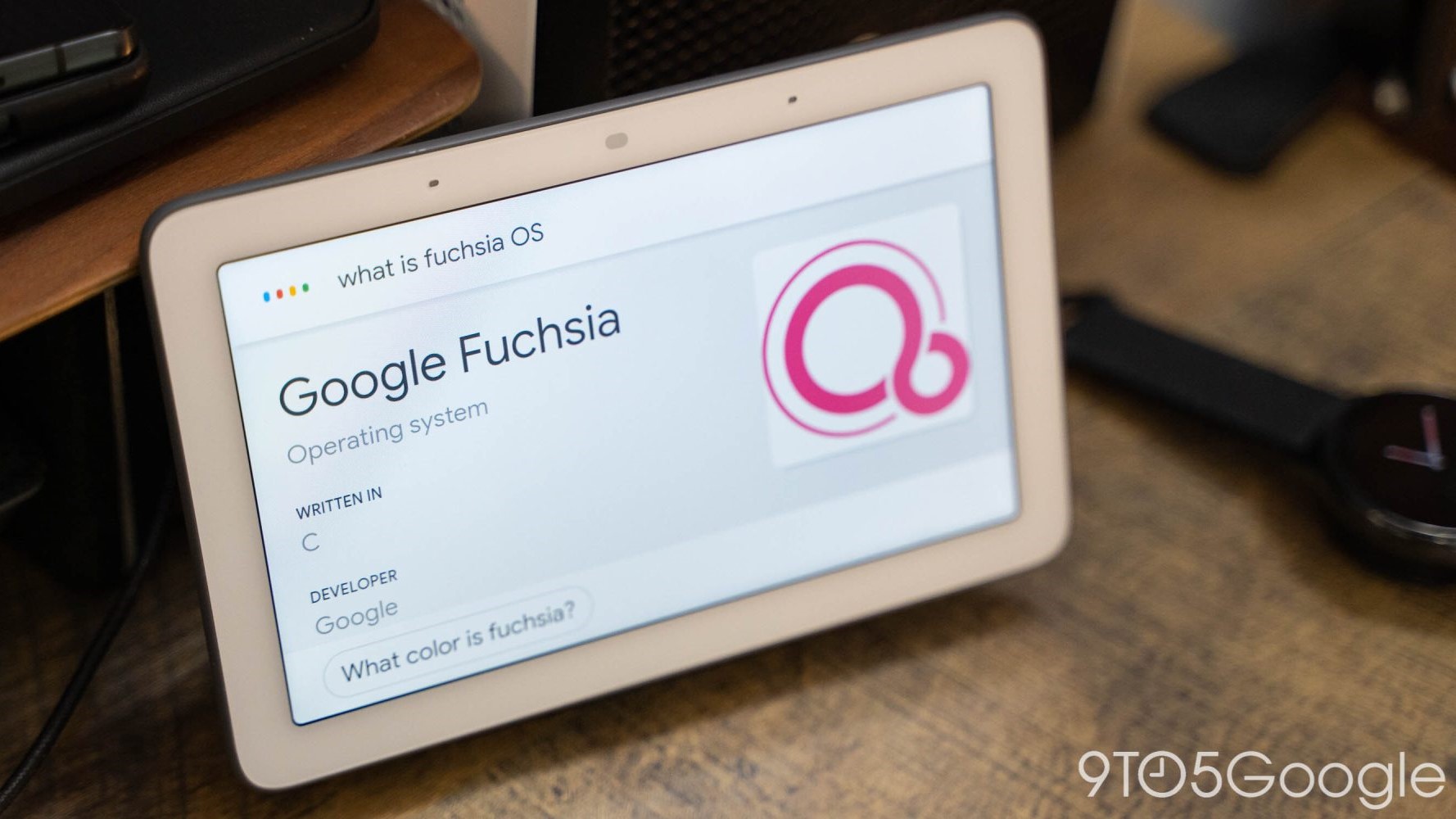Google’s Fuchsia OS is now powering the first-gen Nest Hub
Google’s Fuchsia OS has been in development since 2016. For a long time, it had an air of mystery surrounding it and no one actually knew how this OS will pan out. However, it was in December last year when Google made the operating system public, we heard some sort of official information about this OS.
All of a sudden now, Google has announced that this built-from-scratch operating system will power the first-generation Nest Hub. The software update that is rolling out now will replace the Linux-based Cast OS powering the Nest hub that was released first in 2018 with Fuchsia OS.
Google has stated that thanks to Flutter, while users will not realize any difference since all the features on the Nest Hub will remain the same, the operating system powering the smart home device will get updated.

In terms of availability, since the rollout is happening in a phased manner, it may take months for all the Nest Hub devices to run on the same platform. Google is reportedly, prioritizing the update for users who signed up on the Preview Program. This will give Google enough time to test the operating system thoroughly, before going for a wider rollout.
What is Google’s Fuchsia OS?
As mentioned above, Fuchsia OS is built from the scratch operating system. It, unlike Android that runs on a Linux kernel, runs on Google’s microkernel called Zircon.
It was initially built as an experiment and though Google had remained tight-lipped about it for a long time, Google made the operating system open source and invited the developers to contribute to the project to build a new and secure operating system that is not built on Linux.
Google has also announced that Fuchsia is not going to replace Android, however, it can support all Android applications. The company has reportedly tested the operating system on a wide range of products that includes Chromebooks and other smart home products.
With that being said, Google is still holding the cards tight when it comes to Fuchsia OS. The initial rollout on the three-year-old smart display without any change in the user interface suggests that the company wants to play safe when it comes to public rollout.
And while Google denies, since the operating system has been designed to run on multiple devices like laptops and smartphones apart from smart devices and the fact that it can run Android applications natively, there is a probability that Fuchsia might power all Google devices in the future. But, we will have to wait.
- Upcoming smartphones in India: Specs, launch date, price
Want to know about the latest happenings in tech? Follow TechRadar India on Twitter, Facebook and Instagram!
from TechRadar - All the latest technology news https://bit.ly/3uqEMNO

No comments